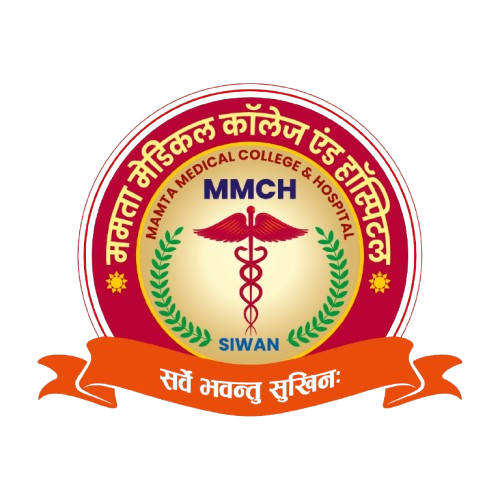
🌍 Department of Community Medicine
Mamta Medical College & Hospital, Siwan (MMCH)
The Department of Community Medicine at Mamta Medical College & Hospital, Siwan, stands as a pillar of preventive, promotive, and holistic healthcare education. Our core mission is to equip future doctors with the skills and insights required to address health challenges at the community level, particularly in rural and underserved areas.
Through a combination of classroom learning, field exposure, research activities, and outreach programs, we foster a deep understanding of public health, social medicine, epidemiology, and health systems. We believe in building medical professionals who not only cure but also prevent diseases and promote wellness in society.
🌐 What is Community Medicine?
Community Medicine (also known as Preventive and Social Medicine) is a branch of medicine that focuses on the health of populations rather than individuals. It involves the prevention, control, and eradication of diseases; promotion of health; and prolongation of life through organized efforts and informed choices of society, organizations, and individuals.
Key areas include:
Epidemiology
Health Statistics
Public Health Programs
Environmental Health
Occupational Health
Maternal and Child Health (MCH)
Immunization
National Health Policies and Health Management
🏥 Departmental Infrastructure & Facilities
The Department of Community Medicine at MMCH is well-equipped with state-of-the-art infrastructure to facilitate both academic learning and fieldwork.
🔹 Facilities Include:
Demonstration Rooms with multimedia teaching aids
Departmental Library with latest textbooks and journals
Community Medicine Museum with exhibits on health awareness, nutrition, sanitation, epidemiology, and models of national health programs
Research Laboratory with access to epidemiological and statistical tools
Data Analysis and Biostatistics Lab with computers and software
Public Health Lab for water, milk, and air quality testing
Audio-Visual Aids for interactive teaching
Field Practice Areas – Rural and Urban Health Training Centres (RHTC and UHTC)
🧪 Public Health Laboratory Training
Hands-on training is provided in:
Water and milk analysis
Mosquito larva and vector identification
Sanitary well inspection
Air pollution and noise monitoring
Waste management techniques
Food adulteration tests
This helps students understand environmental determinants of health and their mitigation.
📊 Research & Projects
Students are encouraged to undertake community-based research projects, surveys, and case studies, which develop their analytical and critical thinking skills.
Popular project areas include:
Vaccine hesitancy in rural populations
Prevalence of anemia among adolescents
Assessment of handwashing practices in schools
Nutrition levels among pregnant women
Tobacco use and oral hygiene in slum areas
Faculty members guide students in developing scientific posters and presenting research in conferences and workshops.
🌍 Vision & Mission
Vision:
To develop socially responsible and community-oriented doctors who prioritize health promotion, disease prevention, and health equity.
Mission:
Equip students with public health competencies
Promote community-based learning and service
Foster leadership in health systems and policy
Encourage ethical practice and social responsibility
Collaborate with health authorities to enhance local health outcomes
